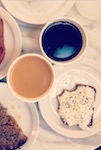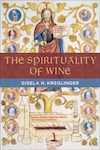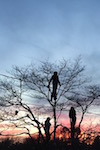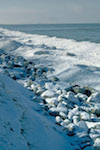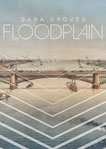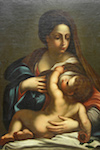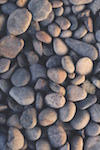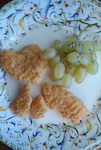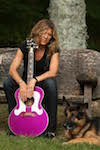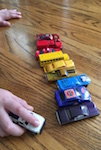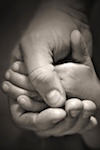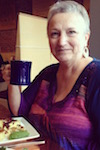 I hadn’t realized that a love of art and beauty could be a liability. I was good at art and beauty.
I hadn’t realized that a love of art and beauty could be a liability. I was good at art and beauty.
Was it that day I skipped in high school when my European History class covered Versailles? Was it my childhood? My culture? Am I just a rebel?
For too long, I have loved myself with shopping beyond my means, and the wake of spending leaves me ripped off. Months later, I will learn the phrase God-shaped hole.















